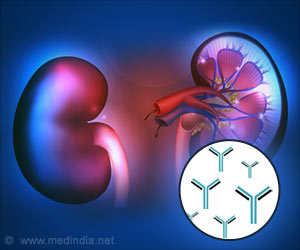To investigate, Mara A. McAdams-DeMarco, PhD (Johns Hopkins) and her colleagues analyzed information on 1,298 kidney transplant candidates and 521 kidney transplant recipients. “This is the first study to investigate how symptoms change before and after kidney transplantation,” said Dr. McAdams-DeMarco.
‘Kidney transplantation: Symptoms tended to increase or remain unchanged between transplant evaluation and transplantation; however, at 3 months after transplantation, 9 of 11 symptoms lessened.’
Candidates reported being moderately to extremely bothered by fatigue (32%), dry skin (27%), muscle soreness (26%), and itchy skin (25%); 16% reported high and 21% reported very high symptom burden. During a median follow-up of 1.9 years, 12% of patients died on the waitlist, and those with very high symptom burden had a 67% higher risk. By the time patients were to receive transplants, 34% experienced an increased symptom burden while 42% remained unchanged.
Among kidney transplant recipients, patients experienced a lessening of symptoms following transplantation, with an overall 10% improvement in symptoms, followed by little further change from 3 months through 12 months after surgery. There were early (first 3 months) improvements in 9 of 11 symptoms, and itchy skin and fatigue had the greatest improvements.
“Our findings on the post-transplantation change in symptoms can help inform the important discussion surrounding post-transplant care, clarify the timeline for improvement, identify populations who are most likely to benefit, and promote patient-centered care,” said Dr. McAdams-DeMarco.
Source: Newswise



